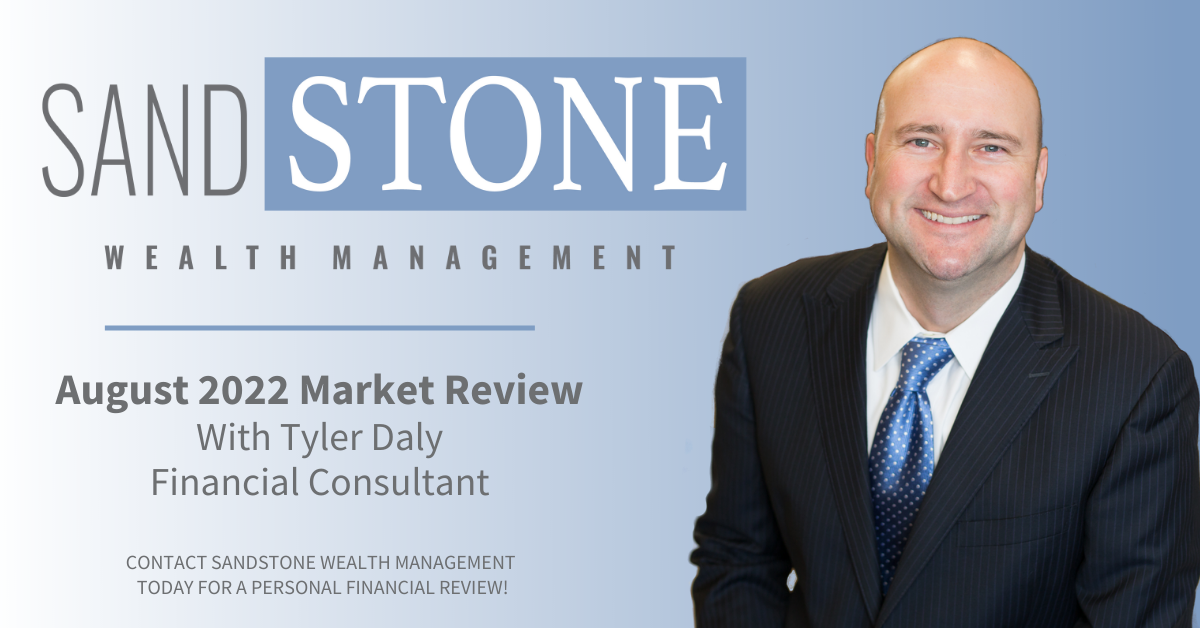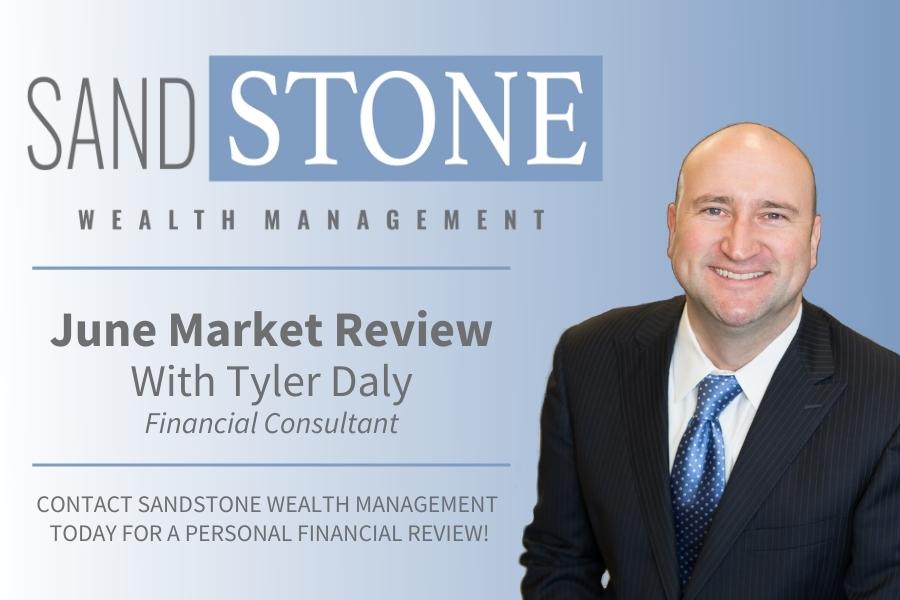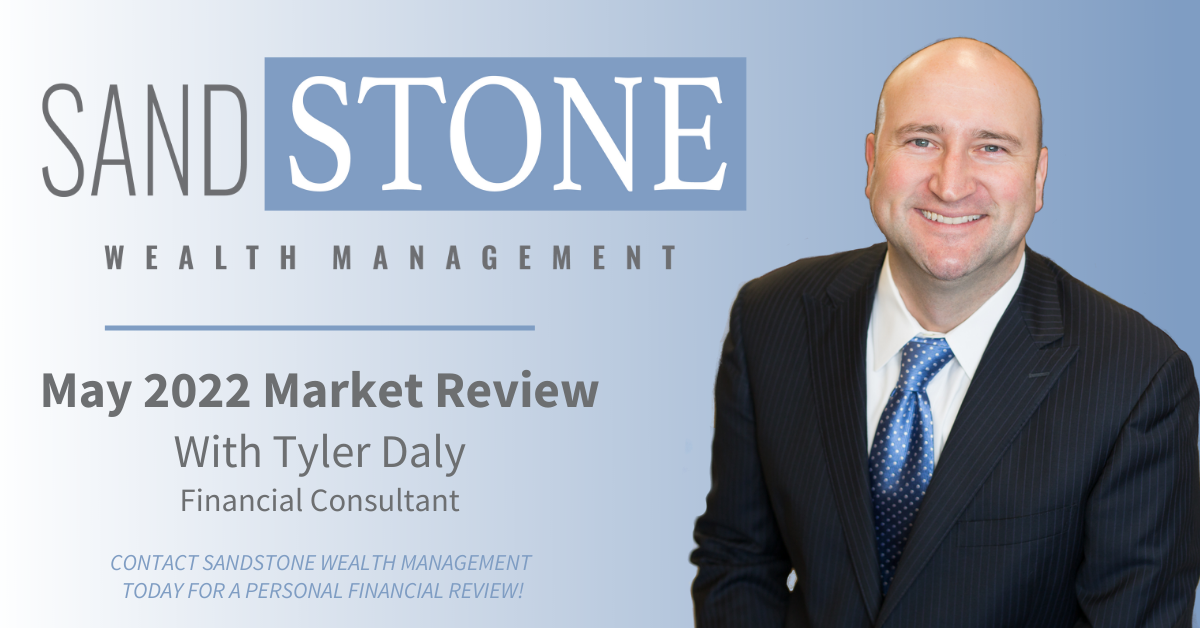
Domestic equity indexes ended August mostly flat, a contrast to the last several months of momentum. The end of the month saw geopolitical concerns arise between North Korea and Japan, and Brexit negotiations have not made notable progress. Yields on the 10-year U.S. Treasury slid, as investors sought safety Treasuries and gold.
In better news, recent data showed property values and home prices had gained ground, in part because of a shortage of inventory, a strong job market helping to increase demand and still-low mortgage rates. Consumer confidence also rose to its second-highest level since 2000, which bodes well for gains in consumer spending going forward, the largest part of the U.S. economy.
Market observers are also watching how Washington will deal with the looming showdown over the fiscal 2018 budget and the federal debt ceiling. While lawmakers are working toward a deal by the end of September, they can easily kick the can down the road, allowing more time to reach an agreement.
The major U.S. stock indices ended August largely mixed, with the S&P 500 and Dow essentially flat from the month before, the Russell 2000 down 1.39% and the Nasdaq up slightly at 1.27%. However, all are well into positive territory year-to-date.
| 12/30/16 Close | 8/31/17 Close | Change | Gain/Loss | |
|---|---|---|---|---|
| DJIA | 19,762.60 | 21,948.10 | +2,185.50 | +11.06% |
| NADSAQ | 5,383.13 | 6,428.66 | +1,045.53 | +19.42% |
| S&P 500 | 2,238.83 | 2,471.61 | +232.78 | +10.40% |
| MSCI EAFE | 1,684.00 | 1,918.77 | +234.77 | +13.94% |
| Russell 2000 | 1,357.13 | 1,405.28 | +48.15 | +3.55% |
| Bloomberg Barclays Aggregate Bond |
1,976.37 | 2,045.43 | +69.06 | +3.49% |
Performance reflects price returns as of 4:30 EDT on August 31, 2017. EAFE and Barclays data as of close on August 30.
Here’s a look at what else is happening in the economy and capital markets, as well as key factors we are watching:
Economy
Real GDP rose at a 2.1% annual rate in the first half of 2017, roughly the same pace as in the last couple of years, said Chief Economist Scott Brown, Ph.D., “with moderate strength in consumer spending and business fixed investment.”
As expected, consumer spending rebounded in the second quarter, but with some signs of slowing as we headed into July.
Wage growth has remained moderate with average hourly earnings trending 2.5% higher than a year ago, despite the continued tightening in labor market conditions.
Business optimism surged following the presidential election and has remained elevated in recent months. That enthusiasm has likely contributed to the increase in business fixed investment in the first half of the year, but the recovery in energy exploration also has played a part.
Following the failure to repeal and replace the Affordable Care Act, attention in Washington will turn to tax reform, which will be difficult to achieve.
Equities
The U.S. Department of Energy recently released a grid reliability study that offered a broad-based perspective on U.S. power generation, including insights on wind/solar, natural gas, coal and nuclear power. Most interestingly, the report took a balanced approach that didn’t declare any “winners” or “losers,” but described three key factors for retirements of coal and nuclear power plants. The number-one reason was cited as low-cost natural gas, followed by declining demand for electricity and improving economics of wind and solar, explained Pavel Molchanov, Senior Vice President and Energy Analyst.
International
European policymakers were largely on holiday during the last month, but demand for the euro was strong, pushing the currency to new 2017 highs against the dollar and multiyear highs against the British pound, said Raymond James European Strategist* Chris Bailey.
The strong euro began to impact the local European markets as the shares of exporters and dollar earners started to wilt. However, the potential for earnings growth for more domestic-centered European corporations is promising, with the focus on economic reform measures from countries like France likely to be high in September, Bailey said.
As the U.K. government discusses arrangements to slow down and possibly stop a full Brexit, there is also some hope for out-of-favor U.K. domestic shares for the balance of the year and into 2018.
With the Korean Peninsula crisis dominating headlines, typical safe havens like the yen have been pushed up and Japanese bonds down.
Despite China’s geographic proximity and deep economic links to Japan, Chinese shares pushed to levels not seen since late 2015 following continued strong economic growth rates.
In emerging markets, the Brazilian market traded with near decade-high levels in local currency terms thanks to firming resource prices and continued inflow resurgence, said Bailey.
Fixed Income
The 10-year Treasury gave up 2 basis points in yield over the last week of the month.
CD rates were mixed when compared to prior weeks. The short end of the curve (one-year and less) was flat, while intermediate CDs, two-, three- and five-years, were all 5 basis points higher for the week.
Changes in municipal yields corresponded closely to changes in the Treasury markets, leading to little change in muni-Treasury ratios. Yields were flat to lower over the course of last week. The short end of the curve (one to five years) was flat, while a majority of the intermediate to long end of the curve was 3 basis points lower.
As we head toward a three-day weekend, investment-grade new issuance is expected to be light, with 80% of Bloomberg survey respondents expecting less than $15 billion to be brought to market in the coming week.
Bottom Line
We remain cautiously optimistic and encourage investors to measure the success of their financial plans based on steady progress toward their goals, not the short-term returns of the markets.
Please let me know if you have any questions about recent market events or how to position your long-term financial plan for the months ahead. I look forward to speaking with you.
Sincerely,
Tyler Daly
Financial Advisor
Raymond James Financial Services, Inc.
*Investing involves risk, and investors may incur a profit or a loss. Past performance is not an indication of future results and there is no assurance that any of the forecasts mentioned will occur. Investors cannot invest directly in an index. The Dow Jones Industrial Average is an unmanaged index of 30 widely held stocks. The NASDAQ Composite Index is an unmanaged index of all common stocks listed on the NASDAQ National Stock Market. The S&P 500 is an unmanaged index of 500 widely held stocks. The MSCI EAFE (Europe, Australia, Far East) index is an unmanaged index that is generally considered representative of the international stock market. International investing involves additional risks such as currency fluctuations, differing financial accounting standards, and possible political and economic instability. These risks are greater in emerging markets. The performance noted does not include fees or charges, which would reduce an investor's returns.
©2016 Raymond James Financial Services, Inc., member FINRA/SIPC. Securities offered through Raymond James Financial Services, Inc., member FINRA/SIPC, and are not insured by any financial institution insurance, the FDIC/NCUA or any other government agency, are not deposits or obligations of the financial institution, are not guaranteed by the financial institution, and are subject to risks, including the possible loss of principal. Raymond James is not affiliated with the financial institution or the investment center.

Tyler has been in the financial services industry since 2004 and with Sandstone Wealth Management and Heartland Bank since 2009. He is Series 7, 66 and Insurance licensed to assist his clients with all their investing, financial planning, and insurance needs. Tyler was recently named to the Forbes List of America's Top Next-Generation Wealth Advisor, which recognizes advisors from national, regional, and independent firms. Tyler graduated from the University of Nebraska-Lincoln with a Bachelor’s Degree in Diversified Agriculture and was born and raised in the Nebraska Sandhills. This gives him an intimate knowledge and understanding of his farming and ranching clients. Tyler is married to Rachel, who earned her Doctorate of Pharmacy from the University of Nebraska. They have two children, Camilla and Cooper. Away from business, he enjoys officiating high school basketball in the winter as well as golfing and team roping in the summer.



.png)

.jpg)

.jpg)

.png)



